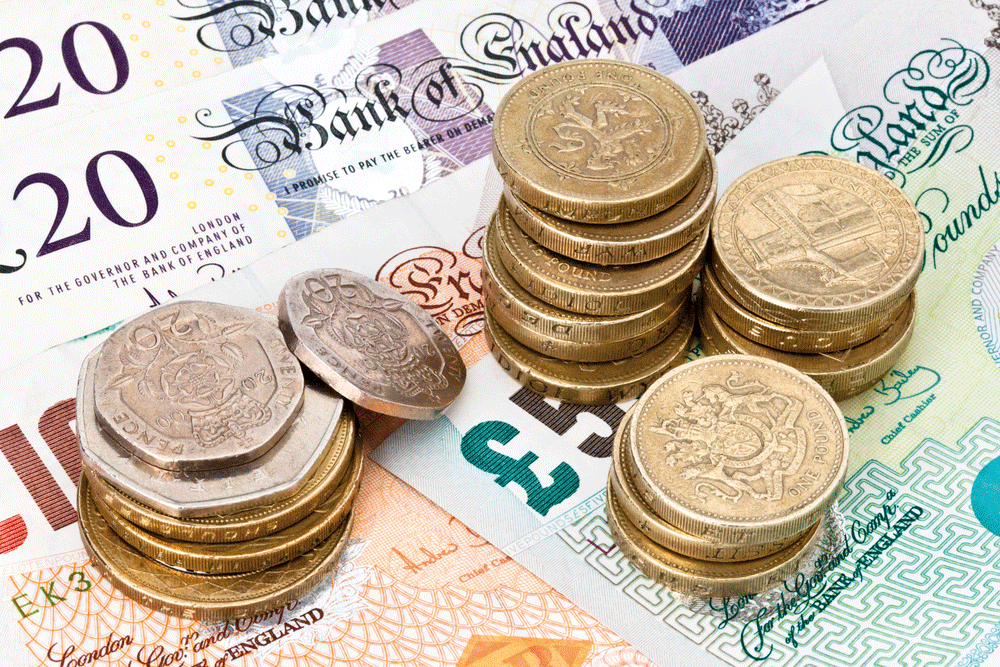Household Bills
The big Brexit question: what should I do about buying holiday currency?

Following the outcome of the EU referendum, the value of sterling slumped against the euro and dollar. If you’re due to go away to Europe or the US this summer, here are some practical tips on if, and when, you should exchange your pounds.
The pound was trading against the euro at approximately 1.31 late on Thursday 23 June before the Leave campaign began to gain ground.
It reached its lowest level at 1.19 at around 5pm on Monday.
Against the dollar, it was trading at approximately 1.48 around midnight on the evening of the EU referendum but it reached its lowest level at 1.31 at around 3.30pm on Monday.
With the depreciation of sterling against these major currencies, it means anyone travelling from the UK to mainland Europe or the US has reduced spending power as the pound buys you less foreign exchange.
Many are wondering what they should do – whether to buy currency now, use their normal credit or debit cards for overseas spending or hold off until the exchange rate improves.
Caxton FX, a specialist foreign exchange firm, said sterling is currently extremely volatile, and it’s hard to tell what will happen when it comes to exchange rates.
Rupert Lee-Browne, CEO of Caxton FX, said: “In the current post-Referendum environment, it’s unclear what the value of the pound will be in the next few weeks. Therefore, if you can stomach the current exchange rate it is advisable to change your money as soon as possible, in case rates go lower.”
On a practical level, to help you decide when the time is right, you should keep up to date with the news and check specialist rate websites such as Xe.com and Oanda.com to keep track of exchange rates and the currency markets.
Many specialist brokers such as Netdania.com also offer daily reports and rate updates, so Caxton FX said subscribing to these can be a great way to monitor the markets.
If the pound strengthens, what’s the best way to lock in a higher rate?
A prepaid currency card allows holidaymakers to pre-load currency on to the card to lock in the exchange rate on the day of the transaction, which could be good if the value of the pound spikes on a particular day.
They also tend to offer better exchange rates than those from a bureau and with a prepaid card, you don’t need to load all your currency at once as they allow you to add smaller increments to avoid losing out on poor exchange rates.
See YourMoney.com’s Prepaid cards: what are they and are they right for your holiday for more information and to see a comparison of the top cards.
What about using a debit or credit card abroad?
Many holidaymakers stick to their everyday credit card to pay for goods and services abroad which can add between 3% and 10% on top of the transaction cost. But by picking the right plastic, you could save around £80 in charges in a fortnight.
Here are the top five debit and credit cards to use abroad to make your pound go further:
If you are using a debit, or credit card when travelling abroad, always be sure to pay in the local currency if you are presented with the choice. People mistakenly believe they should pay in pounds, as this is the money sitting in their account. However, by paying in sterling, the money will actually be converted twice, resulting in extra charges. In some cases this could be as much as £6 per transaction, which quickly adds up over the course of a holiday.
Any other tips I should be aware of?
You should avoid airport bureaux at all costs – Caxton said some airports are offering close to £1 for €1. Always avoid picking up your travel cash from the airport, as you are bound to get significantly less for your pound. Being captive markets, airports will take a much higher margin for foreign currency, as this is consumer’s only option. Even if the rate is just 2% higher, this could be as much as £40 on the average family’s holiday spending money.
What if I have dollars and euros sitting at home?
With the fall in the value of the pound, if you’re selling euros and dollars, you’ll receive significantly more sterling than you would have before the Brexit result.
On Thursday afternoon, before the results were announced, $1,000 would have given you around £672.50, while today you would receive around £747.44 for the same amount due to the weaker pound. This is a difference of £74.94.
If you have euros, €,1000 on Thursday 23 June would have given you £763.36 while today you would receive £826.84 for the same amount on the back of the weak pound. This is a difference of £63.48.

